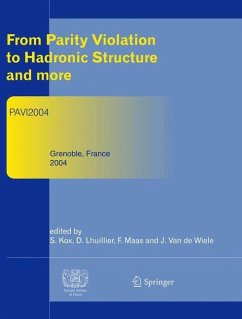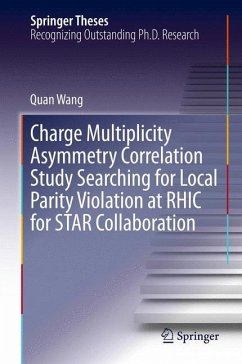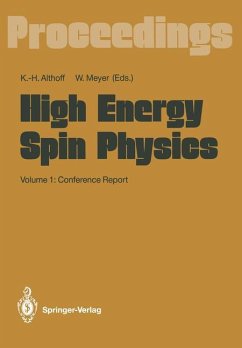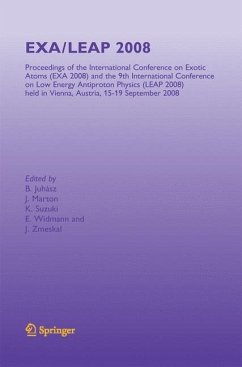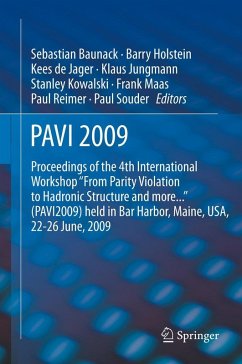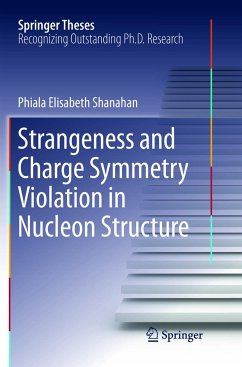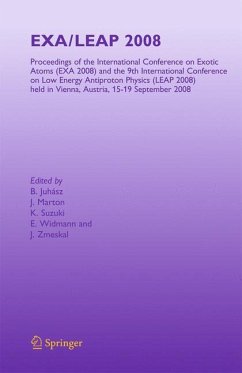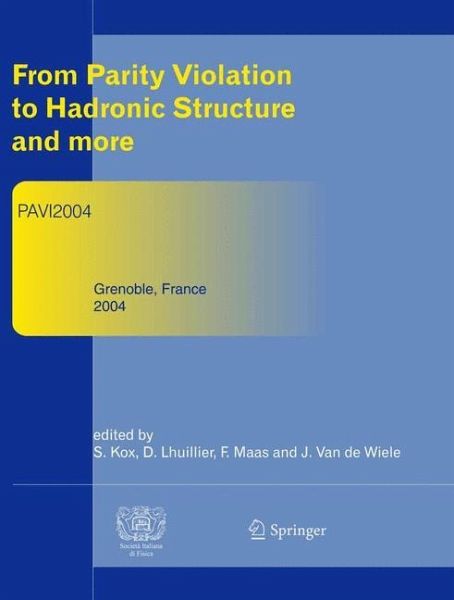
From Parity Violation to Hadronic Structure and more
Refereed and selected contributions, Grenoble, France, June 8-11, 2004
Herausgegeben: Kox, Serge; Lhuillier, David; Maas, Frank; Wiele, Jacques van de

PAYBACK Punkte
65 °P sammeln!
Almost 50 years after the proposal of Lee and Young in 1956 to test the hypothesis of parity violation in weak interactions and the subsequent experimental verification of parity violation by C. S. Wu, parity violation has today become a useful property of weak interactions. This is due to the fact that the focus nowadays has changed: parity violation in weak interactions is no more a topic of investigation but is used as a tool in many different fields ranging from nuclear physics to the search for the hidden extra dimensions requested by string theory. For our first workshop which took place...
Almost 50 years after the proposal of Lee and Young in 1956 to test the hypothesis of parity violation in weak interactions and the subsequent experimental verification of parity violation by C. S. Wu, parity violation has today become a useful property of weak interactions. This is due to the fact that the focus nowadays has changed: parity violation in weak interactions is no more a topic of investigation but is used as a tool in many different fields ranging from nuclear physics to the search for the hidden extra dimensions requested by string theory. For our first workshop which took place June 5-8, 2002, at the Institut fiir Ke- physik of the Johannes Gutenberg-Universitat Mainz, we concentrated on the in vestigation of the strangeness contribution in the nucleon. This book contains the refereed and selected papers of the second workshop "From Parity Violation to Hadron Structure and more (Part II)", which took place June 8-11, in the Labo- toire de Physique Subatomique et de Cosmologie, in Grenoble. These papers appear in EPJAdirect, the electronic-only part of EPJA, and they are accessible without restrictions. They will also appear in printed form and can be ordered through Springer. The excellent presentations show the dramatic and steady progress in the accuracy of measured parity violating asymmetries over the last few years.



